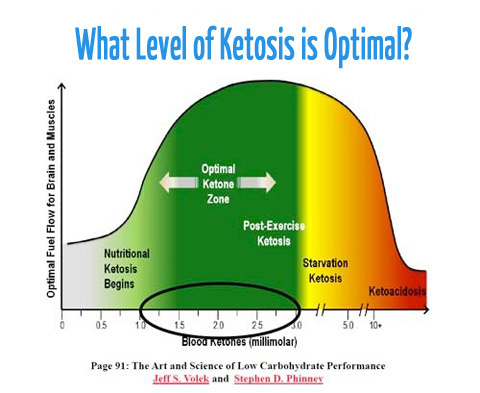Hi all,
I use a blood Ketone reader on a semi-daily basis to keep an eye on my levels.
I have been getting readings in the 3.0-to 4.5 millomar range frequently for the past few weeks. I’m doing a pretty strict keto diet so I’m happy to see that I’m in ketosis. However I want to make sure I don’t do any harm and lose muscle mass. I’ve read in multiple places that if your’e going above 3.0 that means you are starving yourself. Is this always accurate or is it different for some people? I’ve had readings above 3.0 where I wasn’t even hungry. Is it possible to have such levels without under-eating and slowing your metabolism?
I love the keto diet because it helped me lose a lot of body fat. Right now I am at about 15% body fat (I’m a 30 year old male). But for the past few months I’ve hit a wall and I’m seeing extremely slow progress. I’m hoping that going deeper into ketosis can get me below 10% at some point. Is it safe though?

